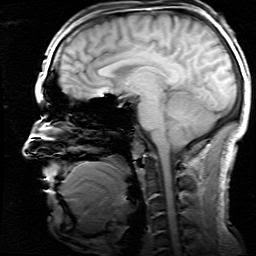Last weekend I was at my local home brew store, getting the stuff together for tomorrow's brewing session (a Fat Tire-ish amber ale). Looking up on one shelf, I saw these cans of hopped extract kits. $21 on the price tag. Intrigued by the low cost, I asked the shop owner if it was worth trying. He told me that many home brewers look down their noses at these kits (I suppose because it's considered cheating), but that they actually can turn out some great beer. Quick, easy, cheap. . .worth a try! So, I bought a kit and took it home.
I selected a Coopers Irish Stout kit, which included a can of hopped malt and a packet of yeast. The package recommended adding some additional malt and dextrose - I had dry malt already, but not the latter, so I skipped dextrose. Instead, I used one pound of light and one pound of amber dry malt extract.
The directions recommended dissolving the can's contents and the dry malt in 2 liters of boiling water. In order to achieve an additional level of sanitation, I boiled the dry malt first (in about 3 liters of water). Once that had gone for a few minutes, I turned off the heat and stirred in the liquid hopped malt. Several websites I saw said not to boil this final mixture, in order to maximize flavor. That makes sense, because the malt in the can should already be sterile, and I didn't want to drive off any latent aroma.
At any rate, I dumped the hot mixture in my primary fermenter, and topped it up with cold tap water to about 5.25 gallons (enough to get the overall temperature down appropriately for the yeast). Original gravity was 1.044. I pitched the dry yeast directly into the fermenter (per the package directions), sealed it up, and hoped for the best.
The fermentation was clearly moving along after 24 hours, and after 48 hours it was so vigorous as to be spilling out the top of my airlock. I let it go for seven days, until the gravity had dropped to 1.018. Then, I transferred the beer into my bottling bucket (with 2/3 cup corn sugar added for priming), and bottled. The overall yield was 10 18 oz. bottles and 36 12 oz. bottles - not too shabby! Given the o.g. and f.g., I can expect about 3.4% alcohol by volume.
The uncarbonated beer has a clean flavor, but I must say it isn't that complex or interesting otherwise. Then again, what can you expect for around $25 worth of materials? A big plus was the speed of initial brewing - it was only about 90 minutes of work to get from can to sealed primary fermenter (this includes cleaning all of the equipment!). Once carbonated, I anticipate this Irish Stout being a rather drinkable session brew - perfect for the upcoming winter months!
Subscribe to:
Post Comments (Atom)

No comments:
Post a Comment